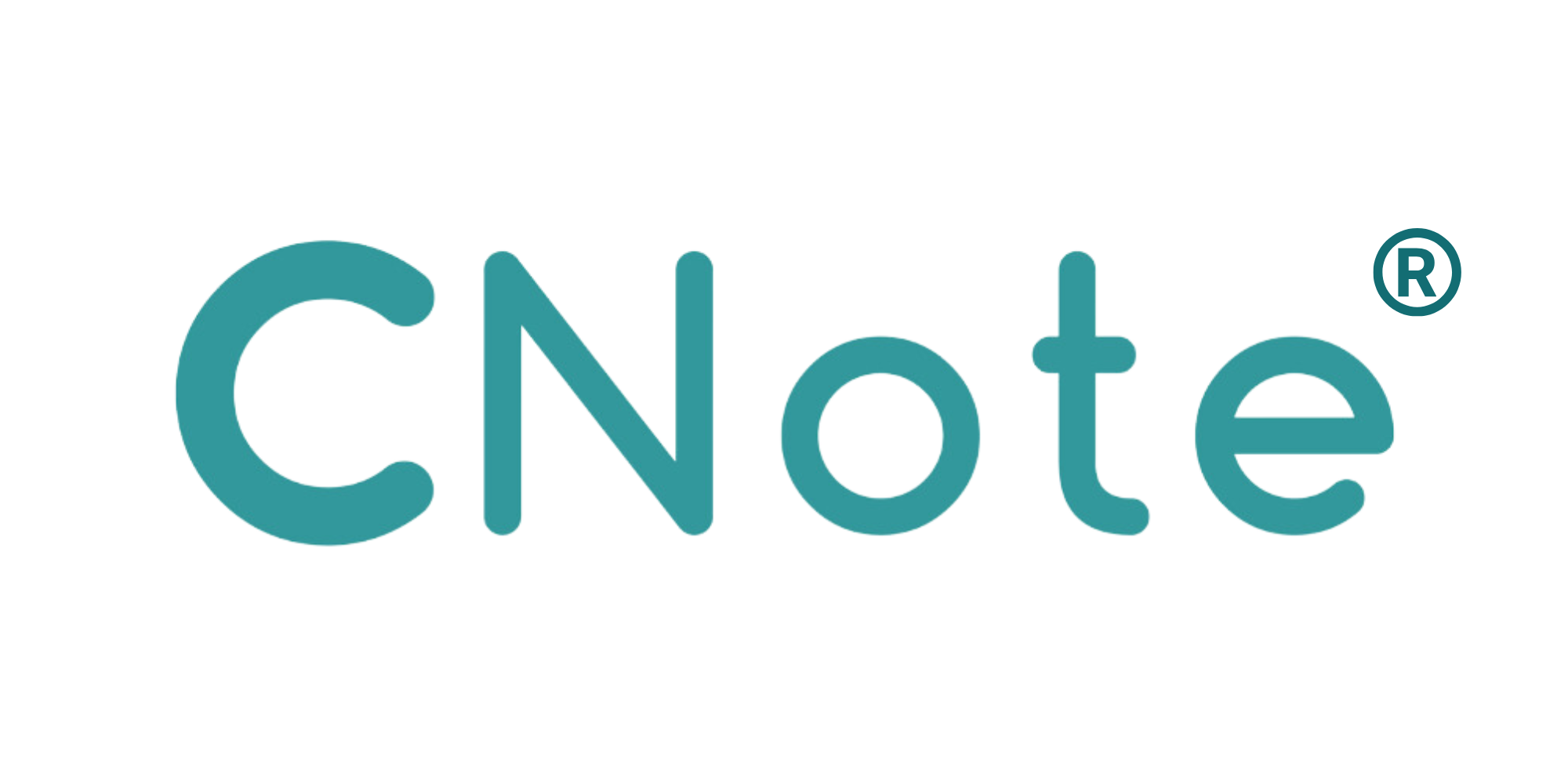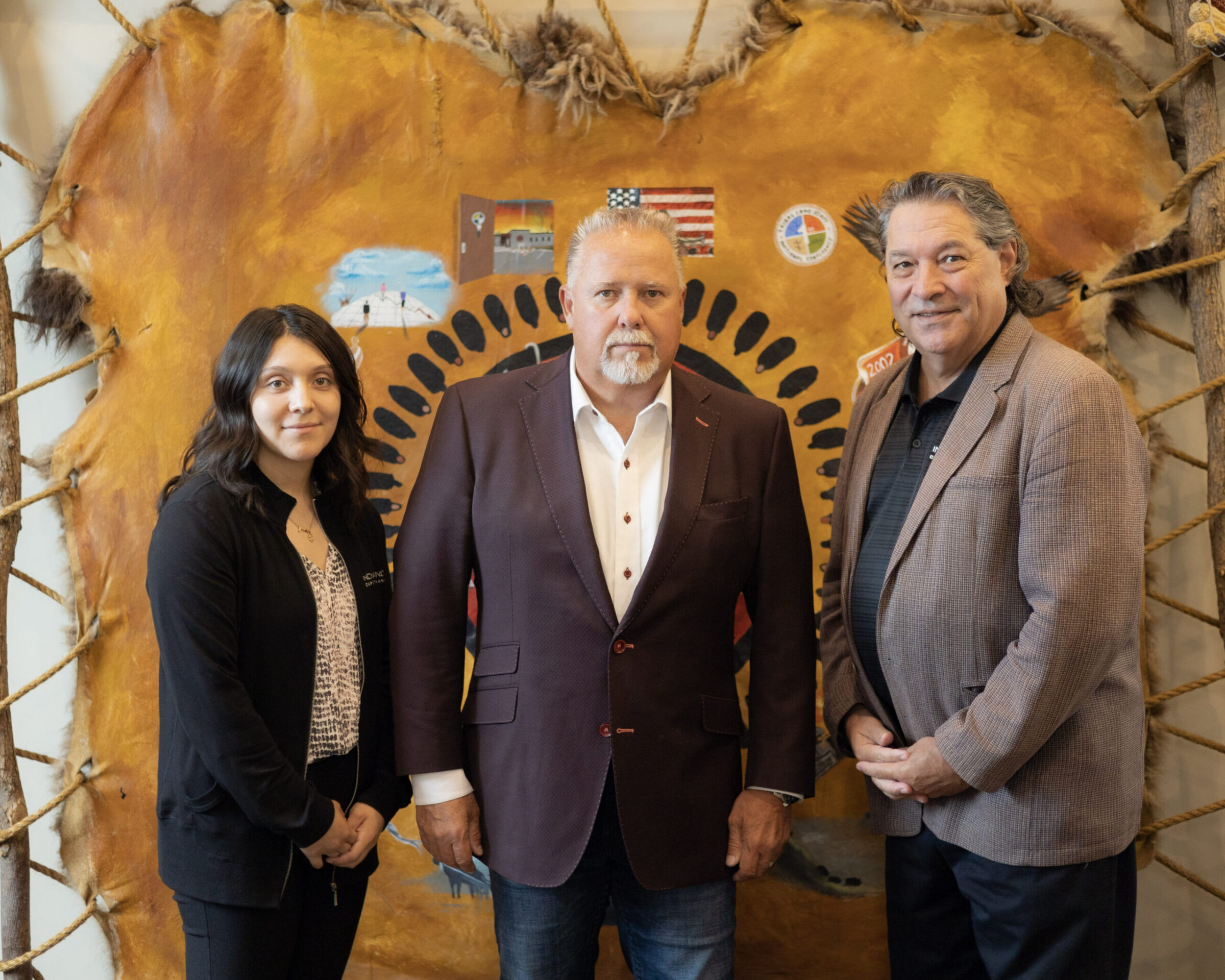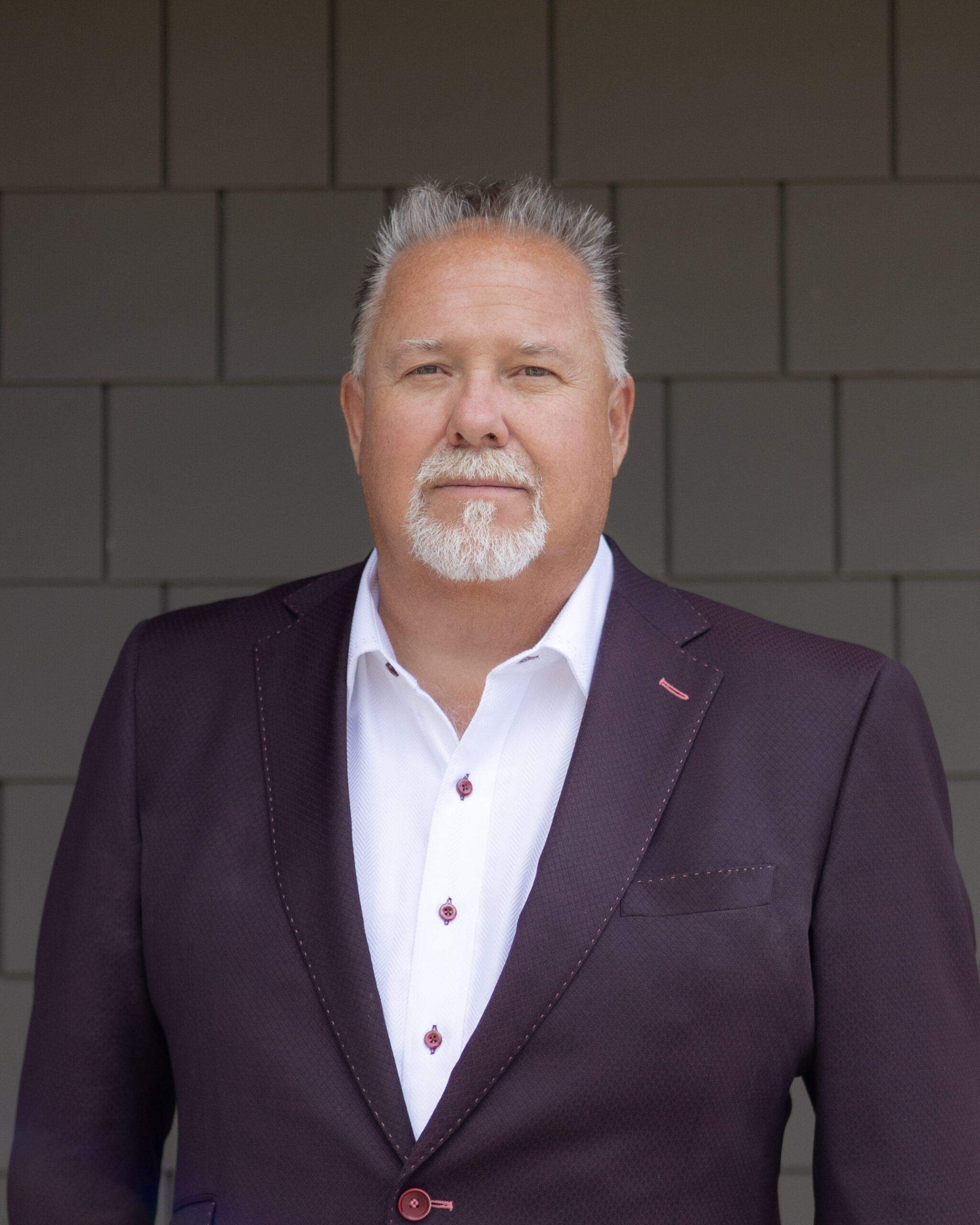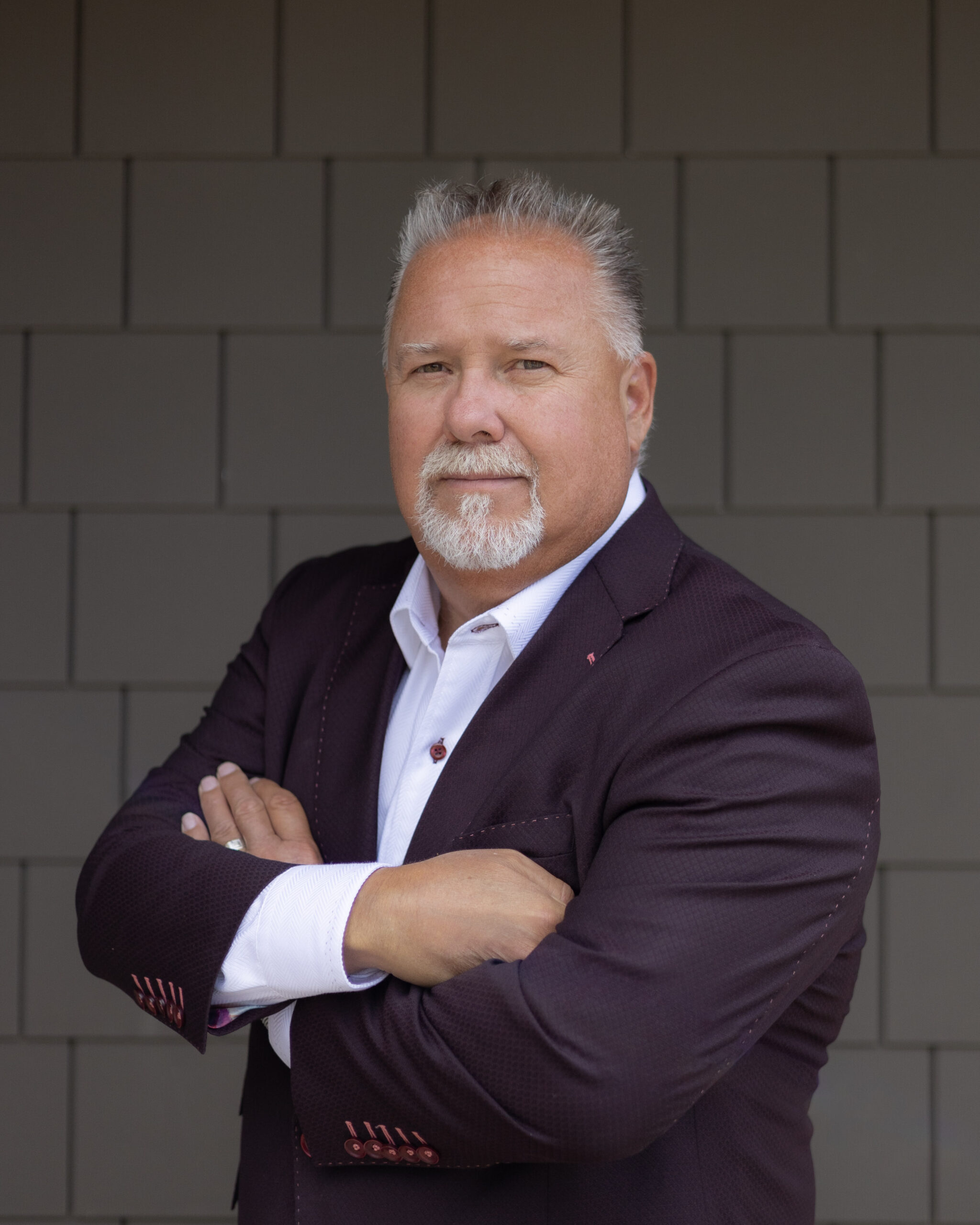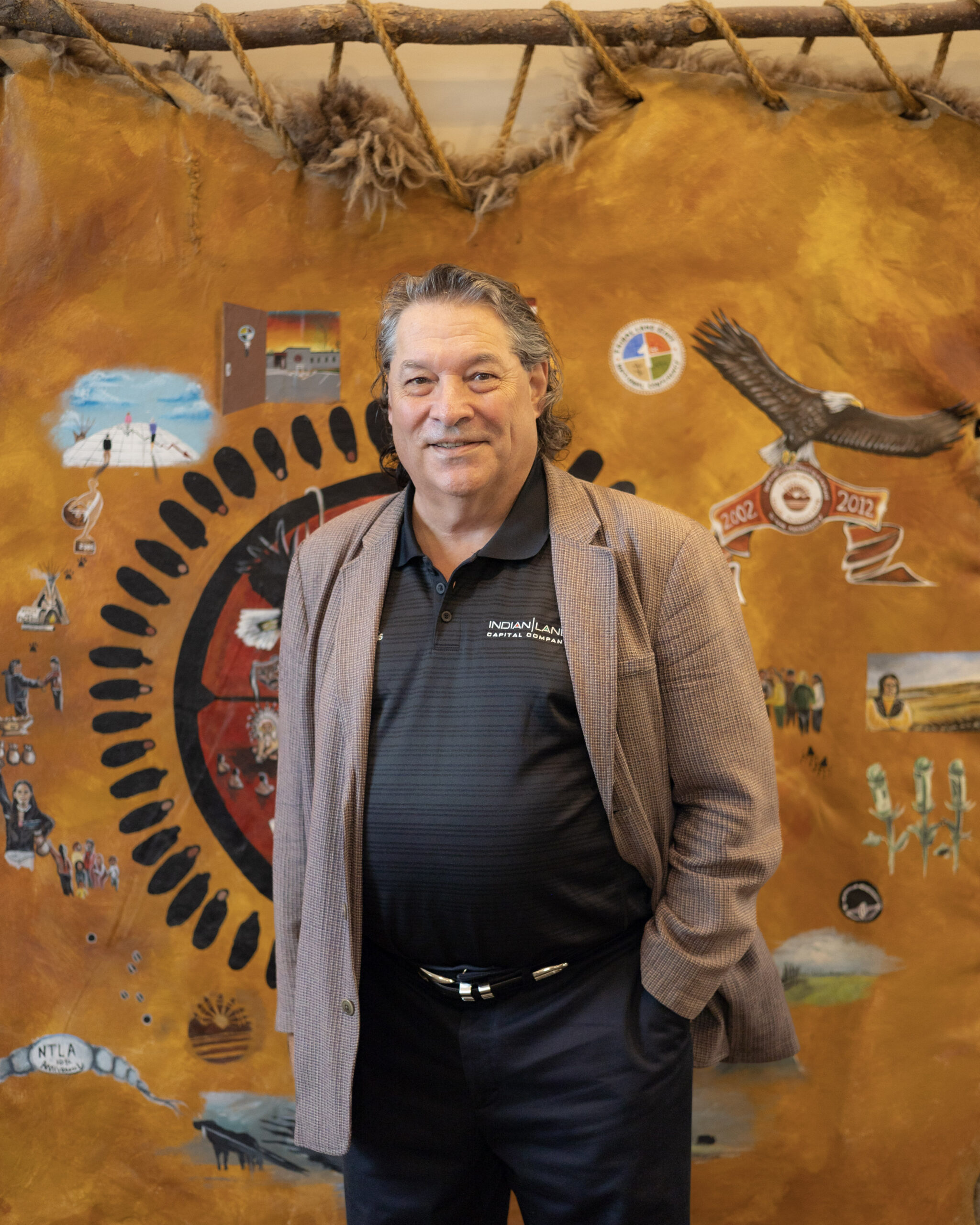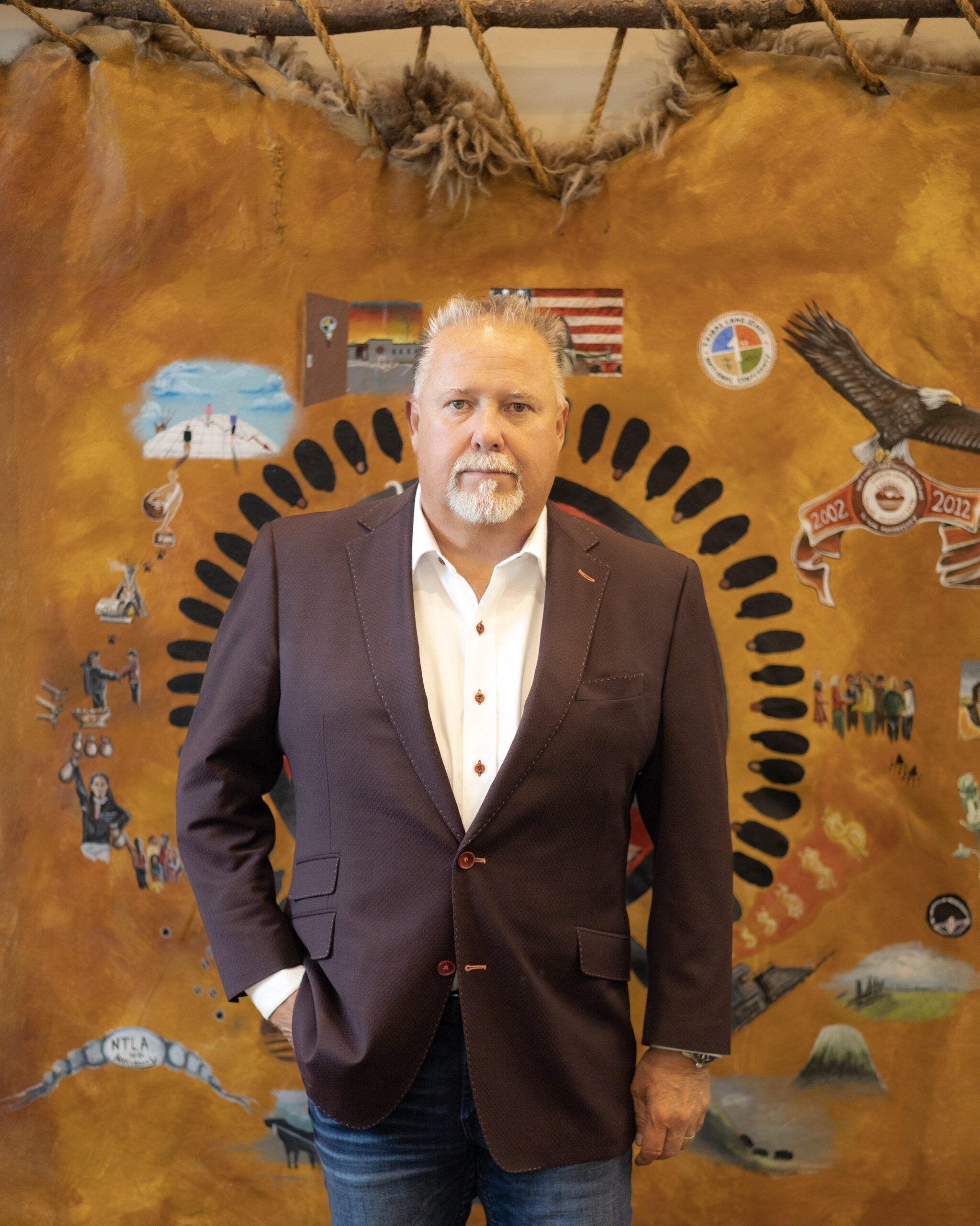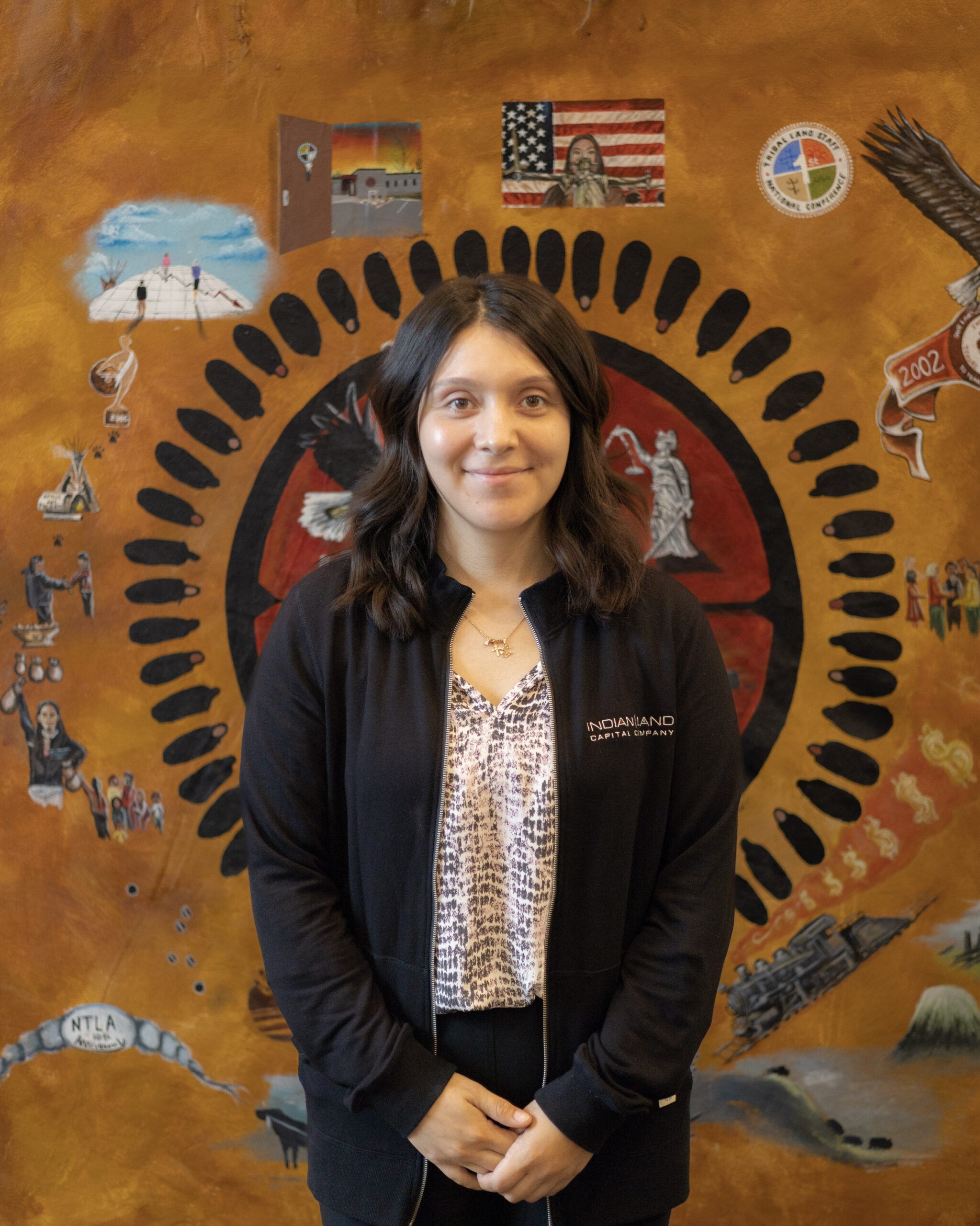Rjay Brunkow, an enrolled member of the Turtle Mountain Band of Chippewa Indians, has dedicated his career to economic development within Indian Country. Rjay served as an investment banker for Wells Fargo, focusing on government infrastructure, before serving as Solicitor General for the Mille Lacs Band of Ojibwe and chief legal counsel for his own tribe. However, in 2015, after having negotiated two separate casino agreements and dealing with gaming legalese, he had an epiphany. “I came to the realization that I could do a lot more good for a tribe on the finance side than I ever could do as legal counsel,” Rjay said. “I started looking around for an opportunity.”
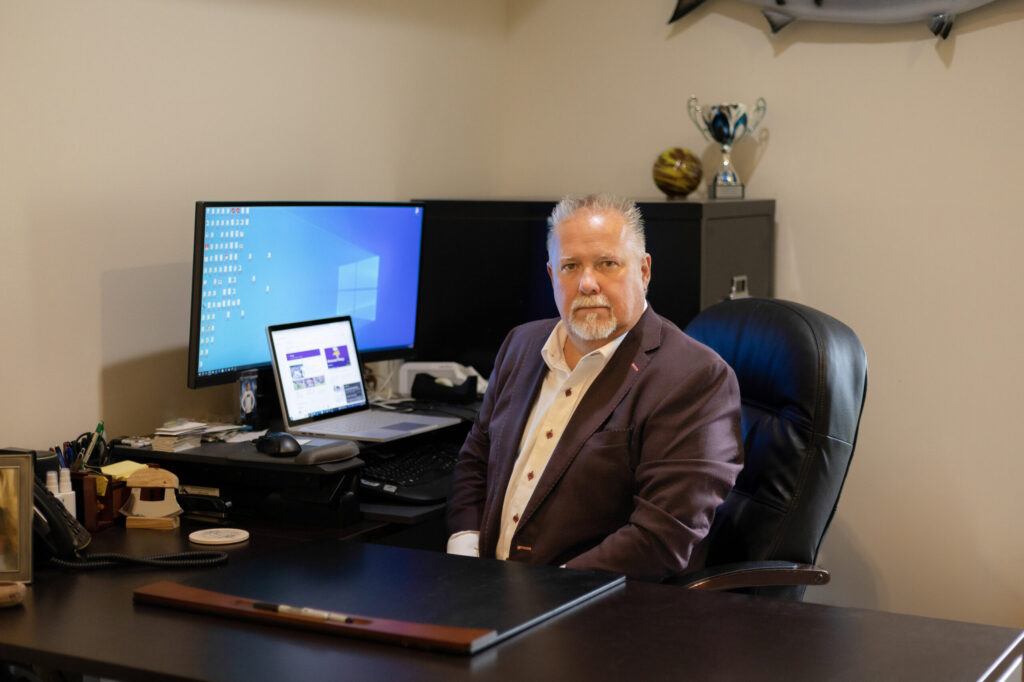
As it would turn out, Rjay’s next opportunity presented itself to him thanks to a quick internet search by his now-wife. Indian Land Capital Company (ILCC) was looking for a new CEO. The job description felt like a perfect fit, and Rjay applied; however, he had one concern: despite spending his entire life in Indian Country, he’d never once heard of ILCC or its work. To Rjay, that was an issue. During his interview with the organization’s board of directors, Rjay said that if he was hired, then the board needed to be prepared to spend a lot of money on marketing. Rjay’s honesty struck a nerve with the board, and he was offered the job.
ILCC was created in 2005 by the Indian Land Tenure Foundation (ILTF), a national, community-based nonprofit that serves American Indian nations and people in the recovery and control of their rightful homelands. ILCC is a certified Native Community Development Financial Institution (CDFI) that provides alternative loan options to Native Nations for tribal land acquisition and economic development projects. As a Native-owned and operated business, ILCC understands the unique needs of Native Nations and creates customized, flexible loan packages that suit the specific needs of the tribe and the unique circumstances of the purchase. ILCC also works with the Indian Land Tenure Foundation to provide technical assistance to tribes as they develop and execute land acquisition strategies.
Part of ILCC’s mission is to help Native nations to recover, manage, and gain jurisdiction over 90 million acres of alienated tribal land. That includes assisting Native nations in consolidating undivided interests in land with fractionated ownership, and eliminating what’s called “checkerboarding,” or mixed patterns of land ownership and jurisdictions on Indian reservations. A large portion of ILCC’s loan portfolio is with tribes located in Northern California; however, the CDFI lends nationwide, including in places like Arizona, Idaho, Minnesota, Oklahoma, South Dakota, Washington, and Wisconsin.
Incredibly, in its 18-year existence, ILCC has never had a tribe default on a loan. Despite that perfect repayment percentage, traditional lenders haven’t started deploying more loans to tribes. Instead, according to Rjay, for most of ILCC’s loans, the tribes have been turned down by the traditional banks that they’ve had decades-long relationships with, making the CDFI the only lender willing to work with them. “ILCC came about because of the lack of capital in Indian Country,” Rjay said, “and we were started to help prove to big banks that tribes were good credit and would make their payments. That hasn’t been getting through to banks, but we’re thankful for their ignorance, because ILCC is there to fill those gaps.”
Since Rjay joined ILCC in 2015, the CDFI has consistently deployed three to four loans each year. Most of those loans go to first-time borrowers, and ILCC’s deals range in size from roughly $1 million to $10.5 million, with a typical loan amount being approximately $2.5 million. According to Rjay, all but two loans in ILCC’s portfolio are land acquisition loans. That isn’t to say that the CDFI isn’t open to other economic development-related loans. With the exception of casino loans, ILCC is interested in taking on any loans that have to do with strengthening tribal communities and sovereignty and building tribal infrastructure. However, regardless of the kind of loan that ILCC deploys, they tend to be among the most momentous moments in the history of the tribe.
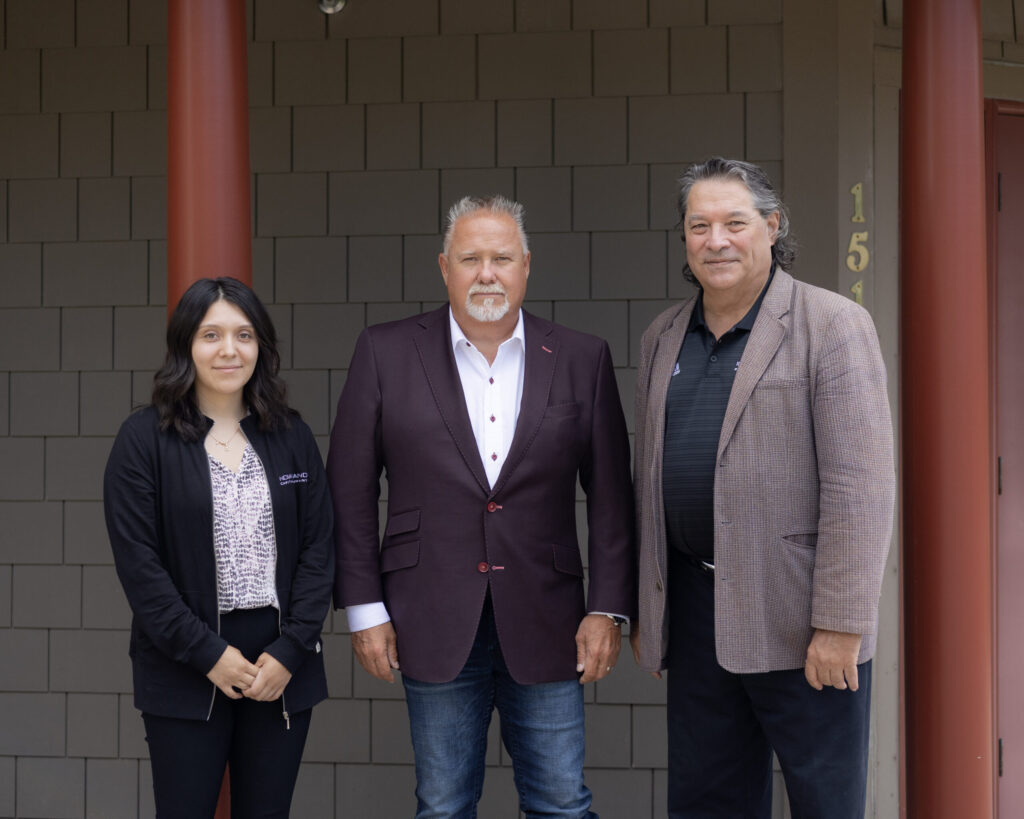
More Capital, More Impact
According to Rjay, ILCC knows that it can scale its impact, and it would love to deploy more loans in Indian Country; however, the CDFI currently doesn’t have the capital necessary to do that. In fact, Rjay calls capital the CDFI’s only constraint, saying that the minute money comes in, it goes out the door to a tribe in the form of a loan. Therefore, ILCC is constantly looking to raise capital.
Going forward, however, Rjay has ambitious goals to change the way that the CDFI raises capital, allowing ILCC to access larger amounts of money at better rates. One forthcoming strategy is to approach “big-money tribes” to back up loans to ILCC by guaranteeing the CDFI’s debt. According to Rjay, ILCC has good relationships with many regional banks across the country; however, ILCC can’t qualify for the loan amounts it wants (e.g. $50 million), because the CDFI doesn’t have the resources to put up as collateral. Big-money tribes, on the other hand, do.
Additionally, ILTF and ILCC are already in conversations with several foundations who are interested in providing similar guarantees. Securing such backing wouldn’t just be a win for ILCC, it would also be a win for these foundations, as they would otherwise have a very difficult time connecting with and gaining the trust of tribes. “We have instant credibility with tribes because we’re Native-owned and Native-run,” said Rjay. “We understand tribes, and we understand how to honor their sovereignty. Another organization is going to have to work 100 times harder to get a tribe’s trust.”
Unsurprisingly, Rjay spends a lot of time on the road, visiting tribes, speaking with potential partners, and attending tribal land dedication ceremonies. For most of his tenure at ILCC, Rjay has actually been the CDFI’s sole employee. Earlier this year, however, ILCC hired its first half-time employee: an in-house loan portfolio manager who does loan administration. It’s an important first step in growing ILCC’s loan portfolio.
Even with the new addition to the ILCC team, Rjay’s job description hasn’t changed: underwrite debt, raise capital, and keep the board of directors happy. “I found a job that pays me to travel around the country and talk to tribal leaders about their hopes and dreams to make their community a better place for their tribal members,” Rjay said. “That’s what I get to do for a living, and it’s the most rewarding thing I’ve ever done in my life.”
Learn More:
- CNote is a women-led investment platform that empowers individuals and institutions to invest locally to further economic equality, racial justice, gender equity, and address climate change.
- Indian Land Capital Company is a Native-owned, Certified Native Community Development Financial Institution (CDFI) providing alternative loan options to Native Nations for tribal land acquisition and economic development projects.
